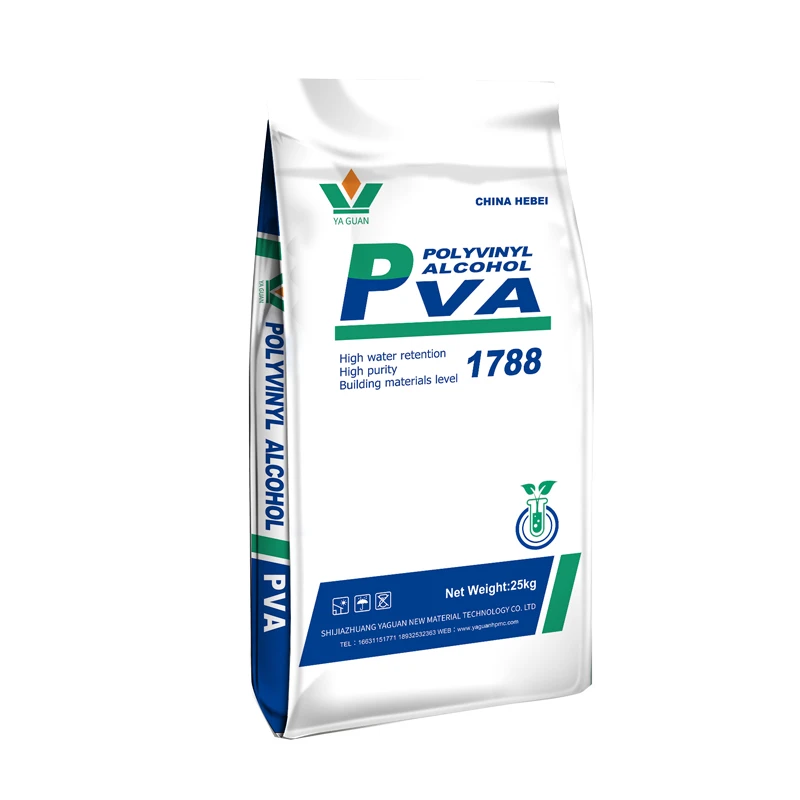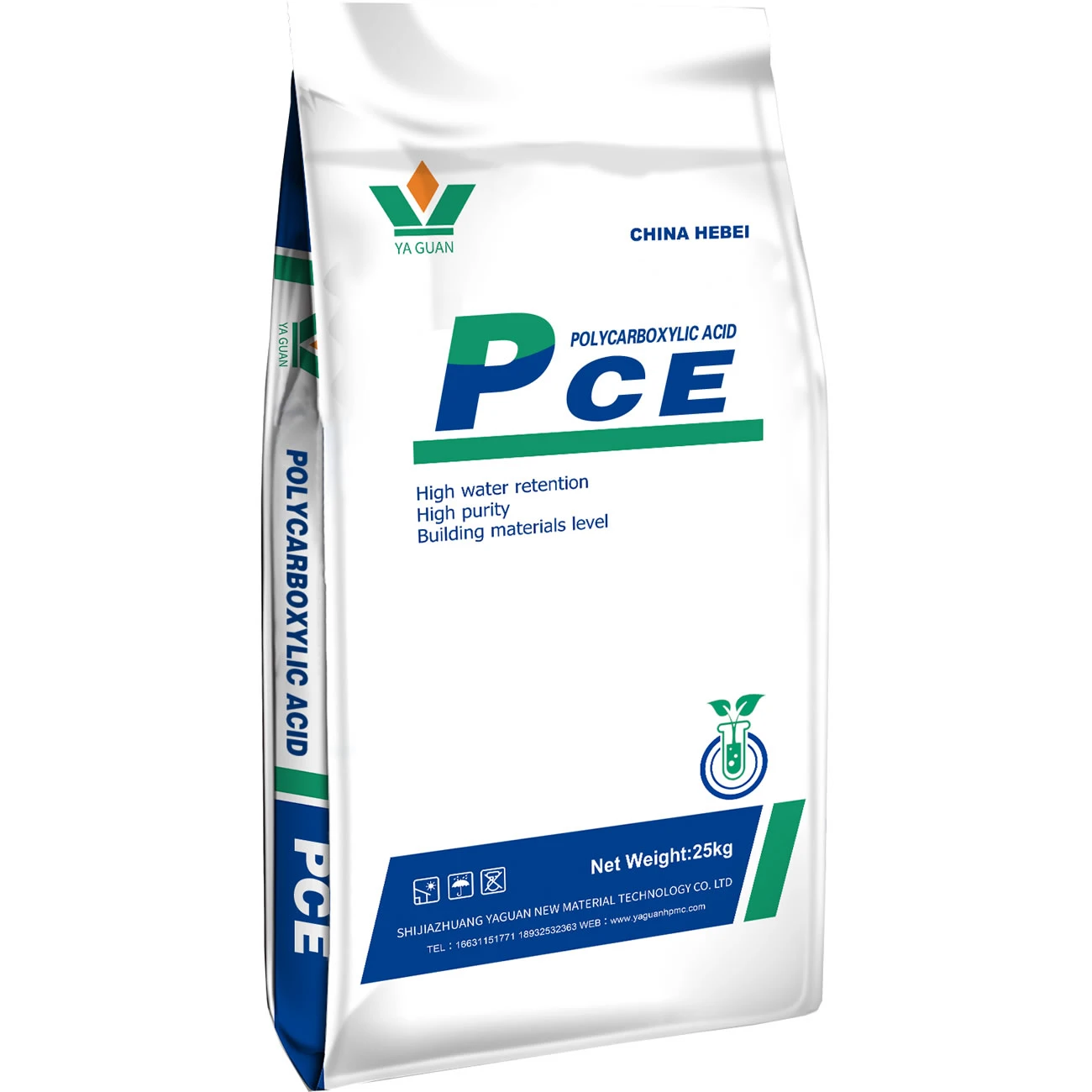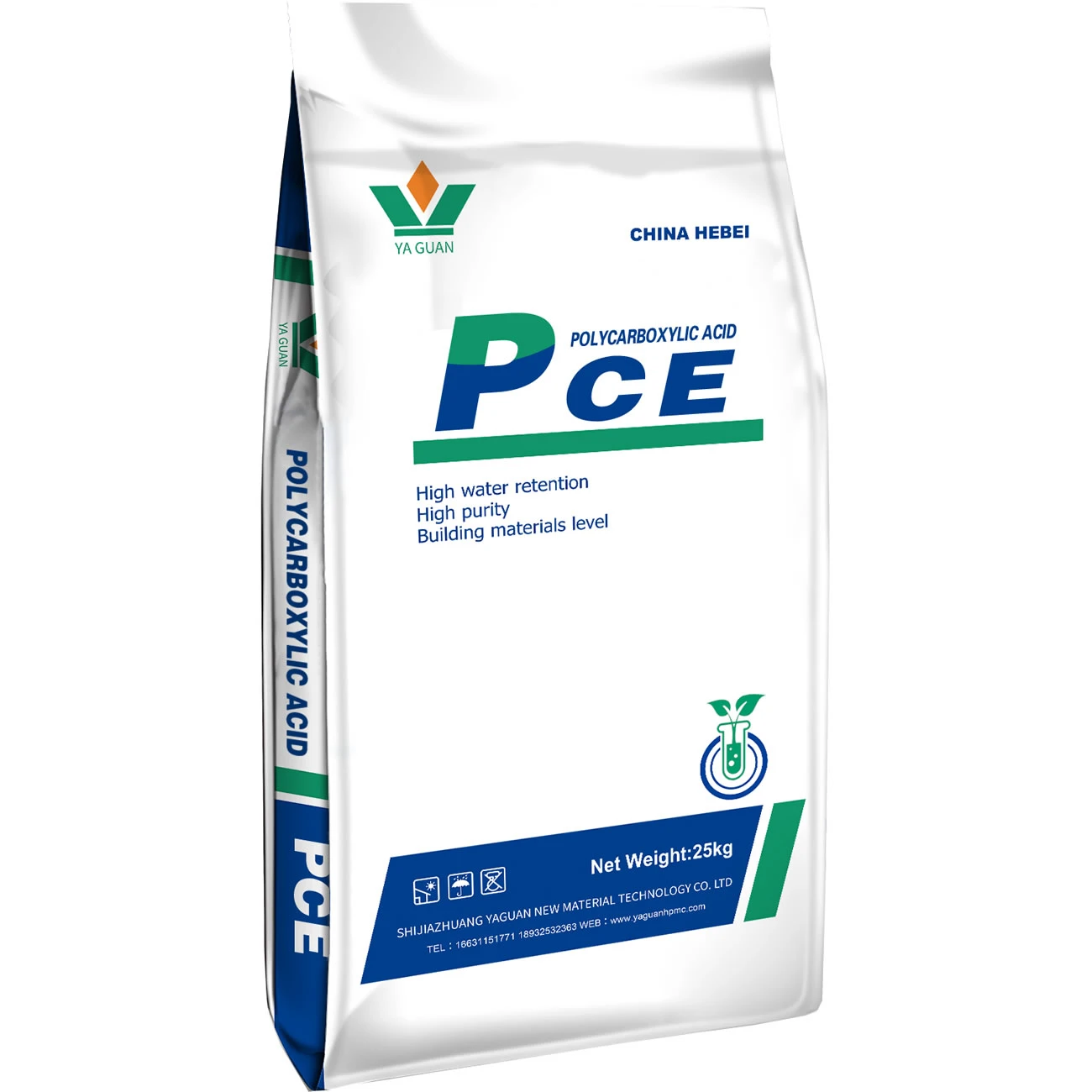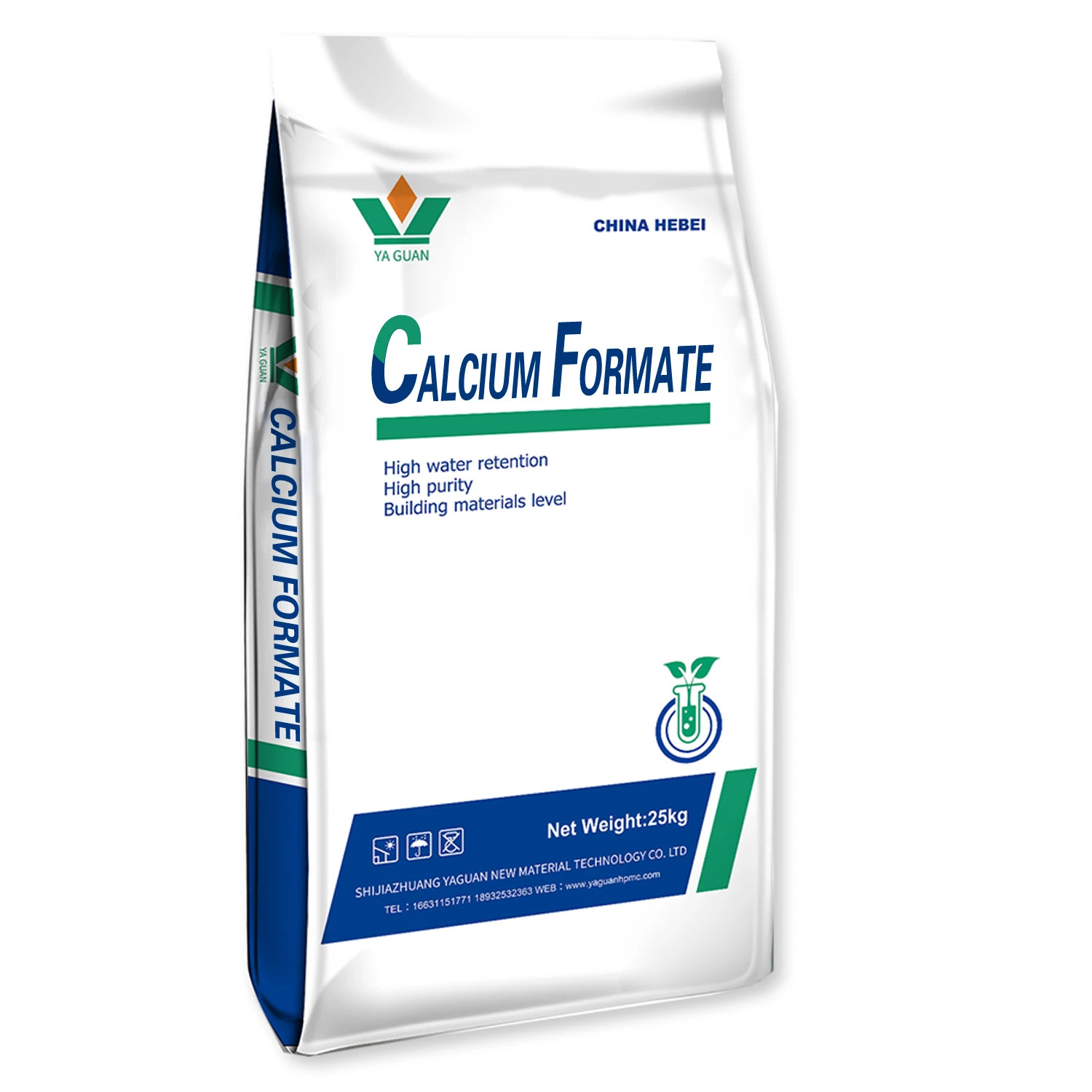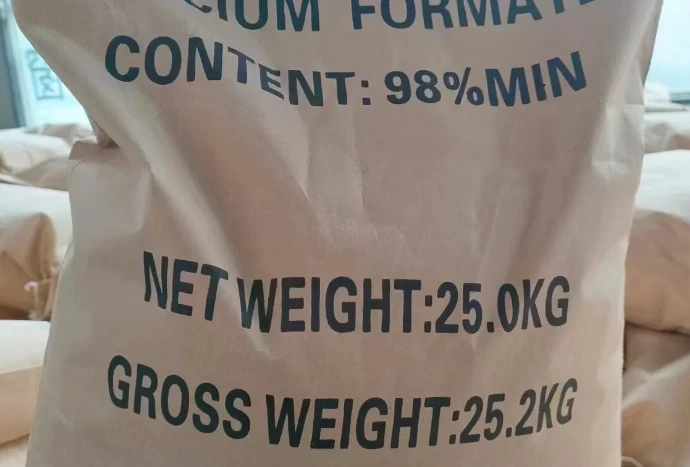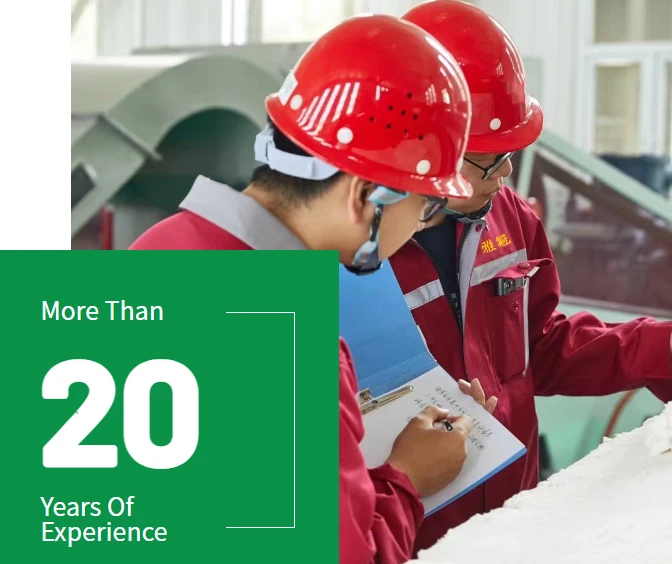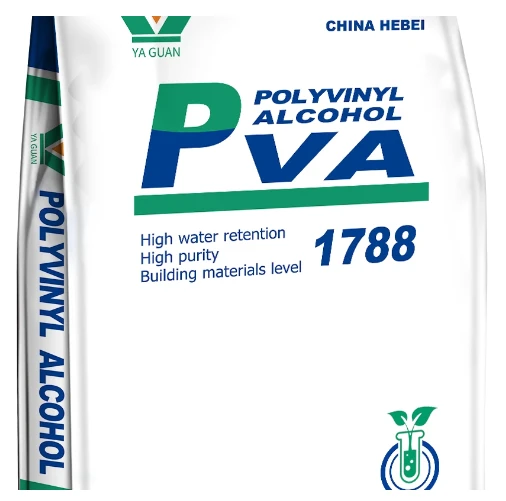
Polyvinyl alcohol, commonly referred to as PVA, is a versatile synthetic polymer that has gained widespread attention due to its excellent chemical properties and broad industrial applicability. Identified by the CAS 9002-89-5, polyvinyl alcohol CAS No is a benchmark in the world of polymers, recognized for its water solubility, strong film-forming capabilities, and remarkable mechanical strength. With increasing emphasis on sustainable development and material innovation, the demand for PVA for sale has significantly grown across global markets.
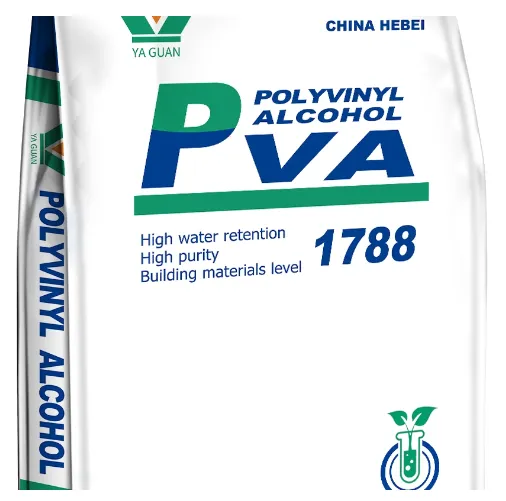
PVA’s unique balance of adhesion, biodegradability, and resistance to oil, grease, and solvents makes it indispensable in sectors like textiles, paper manufacturing, construction, and pharmaceuticals. Its role is not limited to being a binder or film former—it also serves as an emulsifying and dispersing agent, bringing multifunctionality to modern chemical production. As regulatory scrutiny increases and industrial operations lean toward eco-friendly materials, the reliability and eco-compatibility of 9002 89 5 PVA make it a strategic choice for long-term application.
The Role of Polyvinyl Alcohol in Industrial and Consumer Sectors
In today’s competitive chemical manufacturing landscape, polyvinyl alcohol proves its worth as both an industrial staple and a consumer-friendly component. Poly vinyl alcohol CAS is synonymous with superior water solubility, providing unmatched utility in applications such as textile sizing, where PVA forms a protective film over fibers, reducing friction and breakage during weaving. Its use in cas 9002 89 5 formulations allows textile factories to achieve more uniform finishes while improving operational efficiency.
In paper production, PVA is applied as a surface coating and paper adhesive. This enhances paper strength, gloss, and printability while preserving recyclability—a feature in line with global sustainability targets. Moreover, polyvinyl alcohol CAS No products are extensively used in construction materials such as putty, mortar, and tile adhesives, where they act as rheology modifiers, binders, and water retention agents. By doing so, PVA extends the working time of cementitious materials and improves bonding strength, enabling builders to meet rigorous performance expectations on site.
Another key sector benefiting from PVA for sale is packaging, particularly in producing biodegradable films. These films, made with high-purity 9002 89 5 PVA, offer excellent oxygen barrier properties and are widely used in detergent pods, agricultural films, and even in pharmaceutical capsules. With rising demand for zero-waste packaging, the relevance of polyvinyl alcohol has never been more apparent.
Polyvinyl Alcohol and Its Alignment with Eco-Conscious Manufacturing
One of the strongest arguments in favor of polyvinyl alcohol CAS No is its compatibility with environmental sustainability goals. In contrast to traditional plastics that contribute heavily to pollution, PVA exhibits water solubility and biodegradability under appropriate conditions. Its chemical structure allows microorganisms to break it down into harmless by-products, making PVA for sale a preferable choice for industries transitioning toward greener operations.
Furthermore, cas 9002 89 5 aligns well with circular economy principles. In the agricultural sector, it’s used to produce water-soluble seed tapes and agrochemical delivery systems that dissolve after application, leaving no harmful residue behind. In consumer markets, detergent sachets made from PVA are flushable and reduce microplastic pollution in waterways.
In the medical and pharmaceutical field, poly vinyl alcohol CAS products are used to manufacture artificial tears, surgical sponges, and drug delivery systems, thanks to their non-toxic, biocompatible properties. This ensures that PVA contributes positively not only to environmental metrics but also to public health, reinforcing its multifaceted value across industries.
Global Supply Chain, Quality Control, and Innovation in PVA Manufacturing
With PVA for sale gaining momentum globally, the importance of reliable sourcing and consistent quality cannot be overstated. Manufacturers and suppliers across the world adhere to strict quality control protocols to ensure that 9002 89 5 PVA meets regulatory and performance standards. Traceability, purity, and molecular weight distribution are closely monitored during production to match application-specific requirements.
Asian countries, particularly China and South Korea, remain at the forefront of polyvinyl alcohol CAS No production, offering a range of customized solutions for industrial and specialty applications. In recent years, innovation has centered on cross-linkable and modified PVA grades that enhance thermal resistance, elasticity, and chemical stability. These innovations make cas 9002 89 5 suitable for advanced manufacturing fields such as electronics and nanocomposites.
In terms of logistics, global suppliers ensure that PVA for sale is available in multiple grades—granular, powder, and film forms—allowing seamless integration into different production lines. Companies investing in automated packaging, RFID tracking, and predictive inventory systems ensure uninterrupted availability and product integrity from factory to end-user.
Polyvinyl Alcohol CAS FAQs
What is the significance of CAS 9002-89-5 in identifying PVA?
The CAS 9002-89-5 is the unique identifier for polyvinyl alcohol in the Chemical Abstracts Service registry. It helps standardize global understanding of the compound’s structure and properties, ensuring consistency in product labeling, research, and trade. Using this CAS number guarantees that manufacturers and buyers are referring to the same chemical substance, avoiding confusion across markets.
How is PVA different from other synthetic polymers?
PVA stands out for its high water solubility, biodegradability, and strong film-forming ability. Unlike many synthetic polymers that resist decomposition, polyvinyl alcohol CAS degrades safely under microbial action in certain conditions. Additionally, it forms flexible, adhesive films without the need for toxic additives, making it safer for food, medical, and household applications.
Is polyvinyl alcohol safe for use in food and pharmaceuticals?
Yes, poly vinyl alcohol CAS No products are widely approved for use in food and pharmaceuticals, provided they meet purity standards. In drug formulation, PVA is used in controlled-release drug coatings and gel capsules. Its safety profile is well-documented, with regulatory approvals from agencies like the FDA and EMA, especially when used in small, well-regulated quantities.
What are the typical forms in which PVA is sold?
PVA for sale is generally available in powder, granular, or film form, depending on the intended application. Powdered PVA is common in construction and textiles, while film-grade PVA is used for packaging and medical applications. The product’s grade is determined by its viscosity, degree of hydrolysis, and purity level, which are tailored to meet specific industrial needs.
How should PVA be stored and handled?
To maintain the integrity of cas 9002 89 5, PVA should be stored in a dry, cool, and well-ventilated environment. It should be kept away from moisture to avoid premature solubilization. When handling large quantities, standard industrial safety precautions such as dust masks and gloves are recommended, though PVA is generally non-toxic and safe to handle with minimal protective gear.







